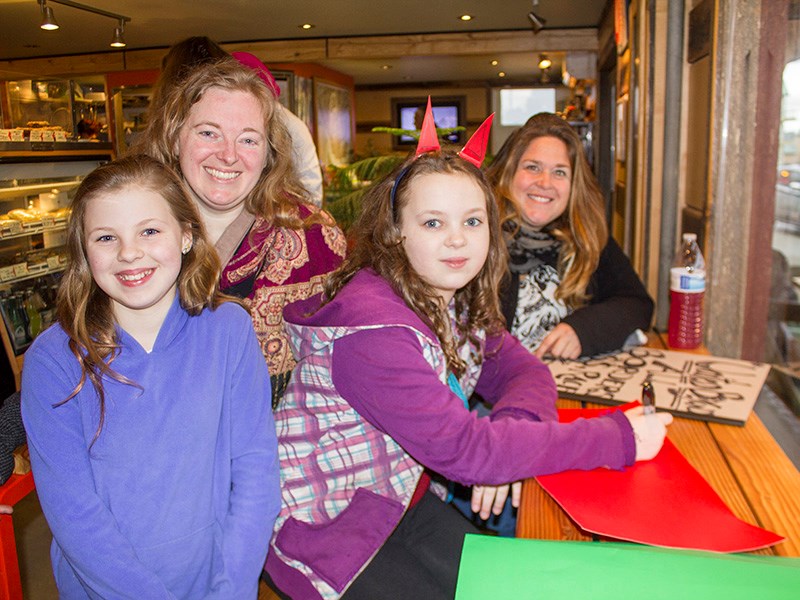Powell River residents will join millions of people around the world participating in a Women’s March on Saturday, January 19. It is the second year the march is being held locally.
The event originally started in 2017 as a worldwide protest held the day after the inauguration of the current United States president, in objection to his many crass statements regarding women, as well as to advocate for legislation and policies that build tolerance and protect human rights.
“The largest march was in Washington, DC, where women all started to say ‘No, we’re not going to be treated this way. We’re going to be in solidarity and make a point that women are standing up for their rights,’” said local organizer Peg Campbell.
Later in 2017, the #metoo movement, highlighting the prevalence of sexual assault and harassment in the workplace and beyond, began to spread virally online.
“It was the height of the #metoo movement when I realized the marches were happening again, but not in Powell River, so I just started one,” added Campbell.
Response from the community has been gratifying, she said.
Campbell said she sees the January Women’s March serving a different purpose than events surrounding International Women’s Day, which happens March 8 this year.
“I see International Women's Day as the time of celebration, and this new march in January has been a time of looking at what action we have to take,” she added. “Let’s really look at the hard issues and think about what we can do to change this systemic problem. Both are valuable. We have to celebrate our achievements and see there is some progress, but also really recognize we have a lot of work to do.”
Women’s March participants will meet at 2 pm at Base Camp on Marine Avenue and march to the square at Alberni Street and Willingdon and Marine avenues, where a meditation circle will be held for missing and murdered women, the theme of this year’s march in Powell River. A car pool will follow to the Patricia Theatre where a speech read by Marlane Christensen will open a screening of director Kim O’Bomsawin’s documentary Quiet Killing, a film that looks at the mistreatment of Indigenous women in Canada, including unsolved and uncounted crimes against missing and murdered Indigenous women.
Holding a march in a small community is important and makes an impact, said Campbell.
“These are small gestures, but Powell River is such a strong community for coming together over these things,” she added. “We support each other in them and call attention to it. It’s so important to build awareness, support, hope and change.”



